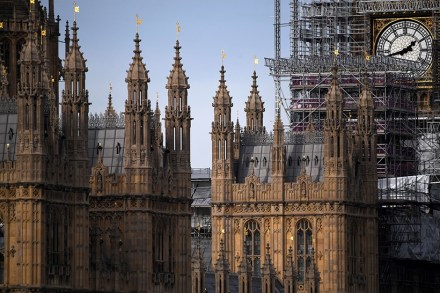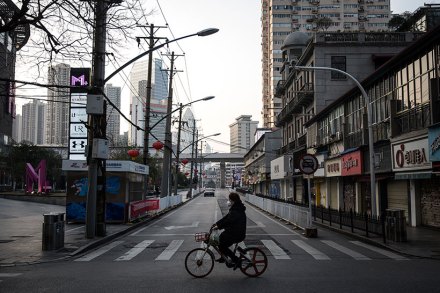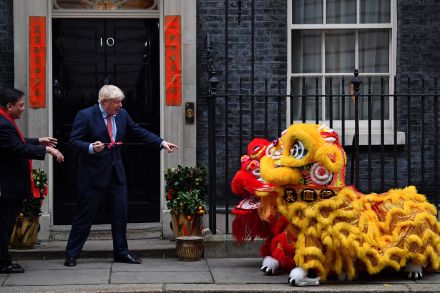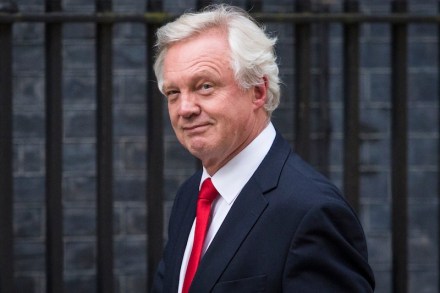The secret behind South Korea’s Covid success
At the start of the pandemic, the situation in care homes looked particularly grim. One report on 19 March said: ‘Experts warn that hundreds of substandard long-term care facilities could serve as hotbeds for the contagious coronavirus.’ The alert came not from Wiltshire or Manchester, but from Park Chan-kyong, Seoul correspondent of the South China Morning Post. There was real fear that the residents of the city’s care homes would become victims of the Covid-19 pandemic. Yet three months on, South Korea as a whole — let alone its care homes — has suffered fewer than 300 deaths nationwide. The world is asking: how? Things have looked slightly worse recently



















